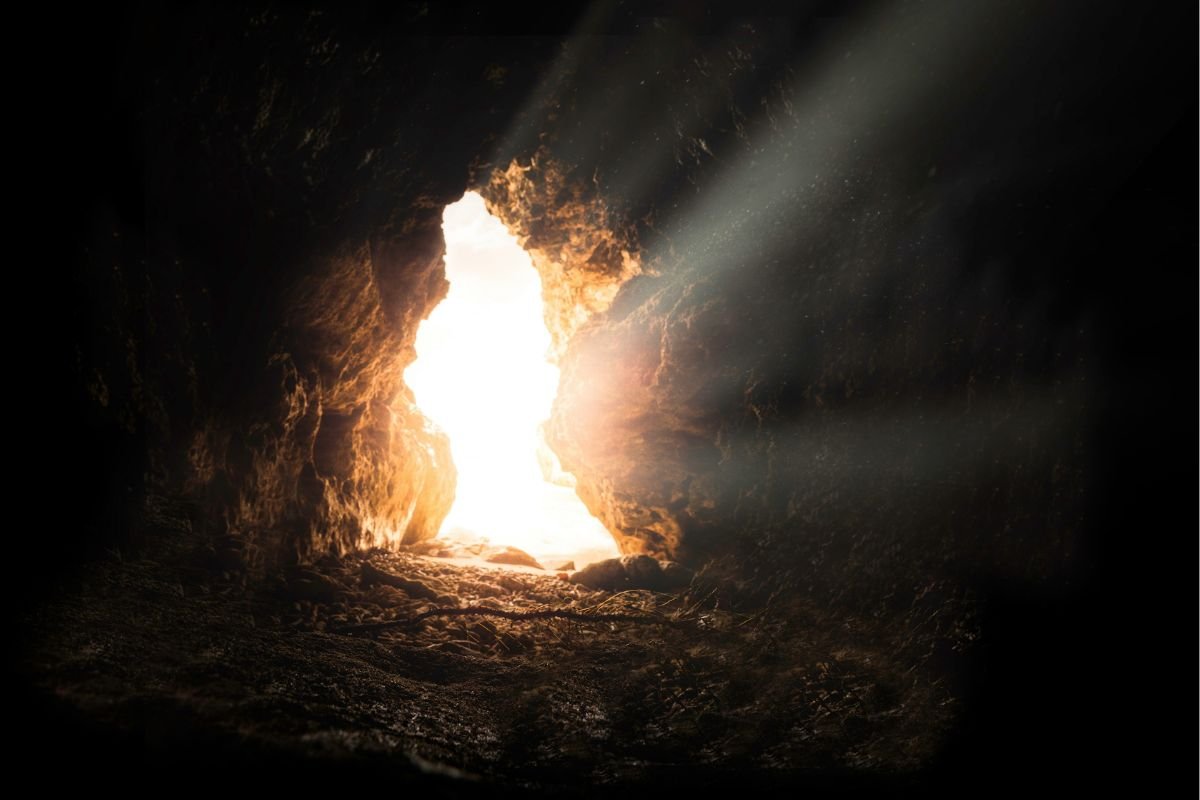August 24, 2016; Wall Street Journal
Aubrey McClendon was a major benefactor to the North Carolina school his wife, his children and he attended. Over $20 million in gifts supported everything from building construction to restoring the pipe organ in the university’s chapel. Mr. McClendon died in a car accident last March, leaving $9.94 million in pledges unpaid. Duke has gift agreements and related documents to substantiate the pledges, and there is no dispute from the estate that the pledges were made.
So why did Duke choose to sue the major donor’s estate? Simply put, to preserve Duke’s place at the table among many secured and unsecured creditors while a complex and uncertain estate is settled. McClendon’s fortune was tied significantly to the shale oil business in the U.S., which boomed in the last decade and then busted as crude oil prices plummeted a couple of years ago. At one time, McClendon was reportedly worth more than a billion dollars, but his expensive ouster from the company he cofounded, Chesapeake Energy, spurred him to borrow heavily against his assets to attempt a comeback.
It will take some time for the estate’s administrators to come to terms with the almost 200 companies in which McClendon held investment interests and the network of creditors holding close to $500 million in loans against those investments. Some have speculated that the estate is, in fact, insolvent, but the estate’s administrators dispute that. However, the estate’s value is heavily dependent on commodity prices, so estimated values may change frequently.
Sign up for our free newsletters
Subscribe to NPQ's newsletters to have our top stories delivered directly to your inbox.
By signing up, you agree to our privacy policy and terms of use, and to receive messages from NPQ and our partners.
Duke has been quick to emphasize that the legal action is not punitive and not intended to cast aspersions on McClendon’s reputation. In a statement, the university expressed its position that McClendon was “one of Duke’s most passionate and generous alumni. […] This is a routine transaction that in no way diminishes Duke’s respect for the McClendon family and our gratitude for their relationship to Duke.”
The importance of Duke’s communicating its action and motivation cannot be overstated, as other donors will no doubt be watching what happens. When the word “lawsuit” is used in media stories, it’s easy to assume a hostile and adversarial situation is unfolding, but this is not the case here. If anything, Duke’s “adversaries” are the other creditors, not the estate and the family.
Duke’s leaders share the fiduciary duty to protect and pursue their university’s legitimate interest in the estate while not appearing predatory or greedy. Doug White, former director of the nonprofit management program at Columbia University, said, “How positive is it to see a university sue a donor? If it were up to me, I wouldn’t push it that hard.”—Michael Wyland












